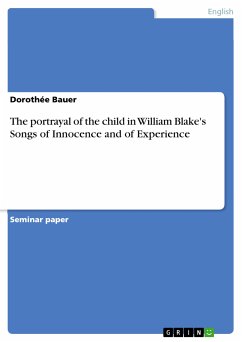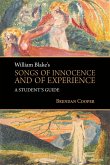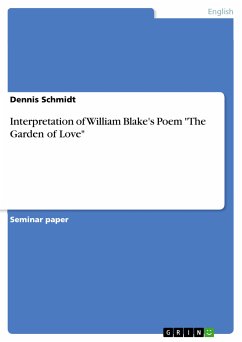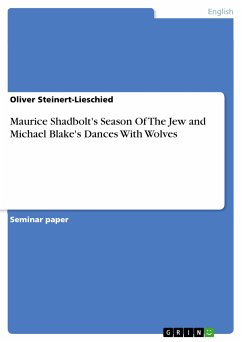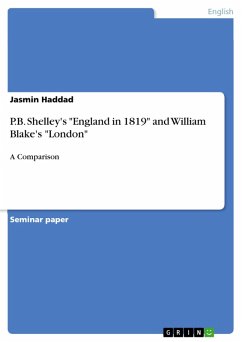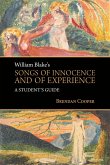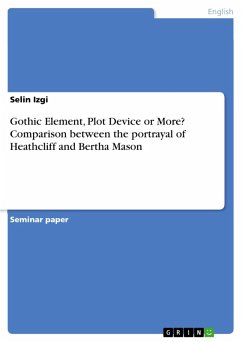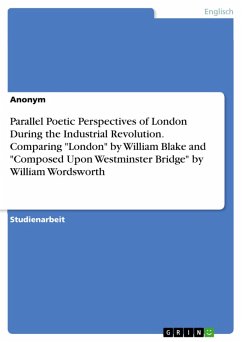Seminar paper from the year 2014 in the subject English Language and Literature Studies - Literature, grade: 1,3, University of Bristol (Faculty of Arts), course: Literature 3 - 1700 to 1830, language: English, abstract: The work addresses the representation of the child through selected works from Blake's Songs of Innocence and of Experience. As a poet of unknown value during his lifetime, William Blake remains an exceptional writer of the early Romantics. Blake was not only exceptional for his devotion for an aesthetic form of his illuminated poems but he was also unique for his strong concentration of thought. In contrast to the Enlightenment thinkers, John Locke and Jean-Jacques Rousseau reconsidered the special stage of childhood. It was the great influence of Rousseau's image of the child, not seen as a small adult but as a human being in its own entity and of natural innocence, which induced Blake to write his Songs of Innocence (1789) and its counterpart Songs of Experience (1794) a few years later.
Dieser Download kann aus rechtlichen Gründen nur mit Rechnungsadresse in A, B, BG, CY, CZ, D, DK, EW, E, FIN, F, GR, HR, H, IRL, I, LT, L, LR, M, NL, PL, P, R, S, SLO, SK ausgeliefert werden.

